My Fall Reading is off to a strong start. In the past month I’ve read a number of excellent books (and also some I didn’t love or even downright disliked). Good and bad, I’m excited to share Part One of this month’s book reviews with you today!
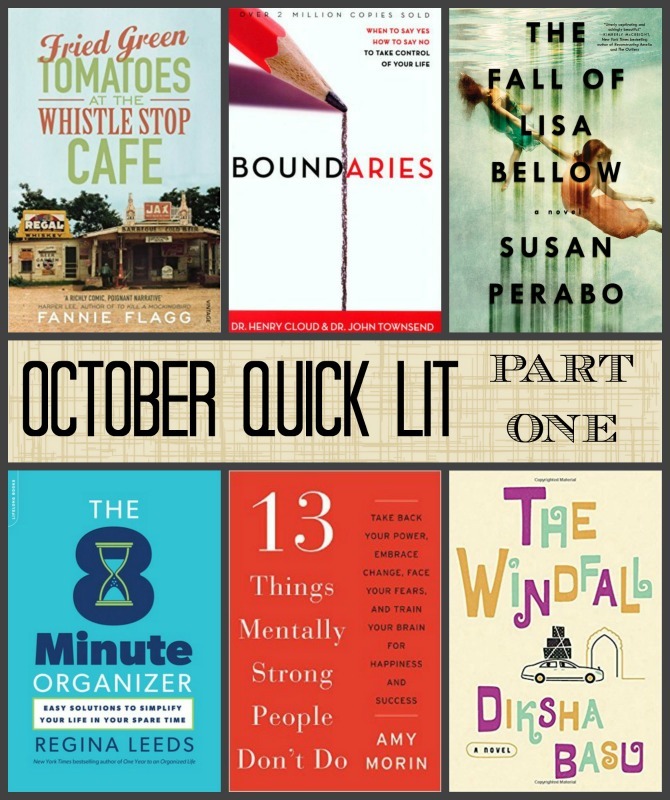
The Windfall, by Diksha Basu: For the past thirty years, Mr. and Mrs. Jha have lived an unremarkable life in a crowded East Delhi apartment complex. With their only son away at graduate school in America, they were looking forward to settling comfortably into their golden years in the only home they had known. But when they become overnight millionaires thanks to a lucrative internet deal, the couple decides to relocate to an expensive part of town and experience life among the wealthy. The Windfall follows their transition, but also tells the stories of their neighbors—who are struggling with their own problems of middle age—and their son, who is having a hard time merging his new American identity with his Indian heritage.
I am not very familiar with Indian culture, and I enjoyed the window into this culture, as well as the novel’s themes of blending cultural heritages and establishing new identities. I also appreciated the thought experiments prompted by this book: I’m sure we have all imagined what it might be like to come into a large sum of money, but I personally had never contemplated the challenges involved with suddenly falling into a certain financial bracket, but not having been socially conditioned for such a lifestyle. The Windfall provided a unique perspective on this issue.
Though the book is interesting, there isn’t much plot; I had trouble getting into the story and connecting with the characters, who seemed rather flat (particularly the men). The one exception was the love story of the Jhas’ widowed neighbor: I particularly liked this story thread and its commentary on the nature of true love.
My Rating: 3 stars.
Boundaries, by Henry Cloud and John Townsend: I would be a very rich woman if I was given a dollar for each time I received a recommendation—directly from a friend or therapist, or indirectly through podcasts and articles—for this book. I finally gave in to the pressure, and in picking up my long-ago-purchased copy, I realized (thanks to copious highlights in the first few chapters) that I had begun this book once upon a time, but never finished it. Thanks to this earlier partial reading, I was familiar with the premise of learning to take responsibility for ourselves—and only ourselves—and making space for others to do the same. The book defines and describes boundaries, makes a case for their importance, and goes into detail on how to implement boundaries in various relationships and situations.
I wasn’t even through with the first chapter before I had realized why so many loved ones identified this book as a must-read for me. I clearly do have a lot of boundary work to do; this book not only made me aware of some of my unhealthy tendencies but also gave me strategies to jumpstart the process of establishing healthy boundaries in my life. I was very appreciative for the book’s Christian perspective: I had a hard time with some of the concepts, as they seemed harsh or un-Christlike, but the authors anticipated this resistance and addressed the fallacy of these notions, then backed up their ideas with Scripture.
This is an incredibly helpful book, but it is not a quick or easy read. Not only are the concepts challenging, but the examples are cheesy and painfully tedious. However, it was worth wading through them to get to the very beneficial truths within these pages.
My Rating: 4 stars.
Fried Green Tomatoes at the Whistle Stop Cafe, by Fannie Flagg: I read this as my book written in the 1980s for my 2017 Reading Challenge. I had a hard time getting into the story at first, but ended up really enjoying it. Funny, clever, and surprisingly poignant. I’ll be sharing a full review in a couple of weeks.
My Rating: 4 stars.
8 Minute Organizer: Easy Solutions to Simplify Your Life in Your Spare Time, by Regina Leeds: As odd as it might seem, I’ve always loved organizing. During my childhood, I spent many happy hours rearranging the contents of my dresser drawers, sorting through items in my desk and toy box, and lining up my stuffed animals along the perimeter of my bed. As a teacher, my favorite task was creating organizational systems for my classroom. These days, my organizing energies are directed towards our home, and for the most part I’m happy with the my results. However, I’m always open to learning new organizing tips and tricks, which is what drew me to this book.
The 8 Minute Organizer delivers on its promise of easy solutions for simplifying your life. Regina Leeds walks readers through each room of the house, and offers suggestions for quick and easy ways to get those spaces in order. She also makes a case for why organization is important, and helps readers reclaim spare minutes each day in which accomplish these organizing tasks.
I didn’t learn many new ideas from this book, but I did get the prompting I needed to get started on a few organizing projects I’ve been putting off. I enjoyed Leeds’ casual writing style and her reminders that every family and household is different, and that organizational systems are not one-size-fits-all. I did have to laugh at how dated some of the suggestions were: the book was published just five years ago, but the suggestions for organizing CDs, DVDs, and paper clutter are no longer necessary in this increasingly digitalized world in which we live!
If you’ve been meaning to read The Life-changing Magic of Tidying Up but are put off by the “out there” aspects of that book, start here. It follows the same premise but is more suited to an American audience.
My Rating: 3.5 stars.
13 Things Mentally Strong People Don’t Do: Take Back Your Power, Embrace Change, Face Your Fears, and Train Your Brain for Happiness and Success, by Amy Morin: As a licensed therapist, Amy Morin has a lot of practice with walking others through adversity. She has also navigated extreme personal trials, including losing both her mother and her husband before the age of 30. Through these first- and second-hand experiences, Morin has become an expert at facing challenges head-on. In this book, Morin explains how our thoughts, emotions and behaviors play off of each other and are all part of mental strength. She then offers thirteen proven strategies for increasing mental strength in order to increase resilience, performance, and life satisfaction. Morin elaborates on each of the strategies (from They Don’t Waste Time Feeling Sorry for Themselves to They Don’t Expect Immediate Results), explaining why these things are counterproductive and what to do instead, and offering examples from her personal practice and well-known individuals.
The principles in this book are sound and it’s good for all of us (even the most mentally strong) to get regular reminders of how to be our best selves; but the ideas in this book aren’t new, and if you’ve spent any time at all dabbling in the self-help genre, the content in this book will be review material. This book is a fleshed out version of Amy Morin’s original viral post of the same name, and I don’t know that all the extra words were really necessary.
My Rating: 3 stars.
The Fall of Lisa Bellow, by Susan Perabo: Meredith Oliver was a typical 8th grader with a normal and (mostly happy) life. Her world is turned upside down in a single afternoon when a masked gunman enters a sandwich shop where she’s waiting in line, and she witnesses his kidnapping of Lisa Bellow, the most popular girl from school. In the aftermath of the abduction, Meredith processes the event by imaging that she, too, had been one of the gunman’s victims. Meanwhile, Meredith’s mother, Claire, must deal with her own feelings as she attempts to help Meredith while also experiencing a confusing mixture of helplessness and relief.
The book’s synopsis would suggest that it is a mystery or thriller, so I was disappointed to find that the initial crime itself has very little to do with the rest of of the book. This is not a suspense novel, but an exploration of survivor guilt and the ways we all—even members of the same family—are uniquely affected by tragedy. I found these psychological studies intriguing, insightful, and painfully relatable. However, I was disappointed that the story itself never went anywhere and offered little resolution or redemption. I also found aspects of the book (mostly the flashbacks/hypothetical scenes) bizarre and confusing, as was the question of who was the intended audience: I couldn’t decide whether this was a YA book, an adult book, or neither.
Final verdict: strong writing, unsatisfying plot, and way too much tragedy and sadness and for my sensitive mama spirit.
My Rating: 2.5 stars.
That’s it for now! On Friday I’ll be back with reviews of the other six book I read this month. Until then, happy reading!
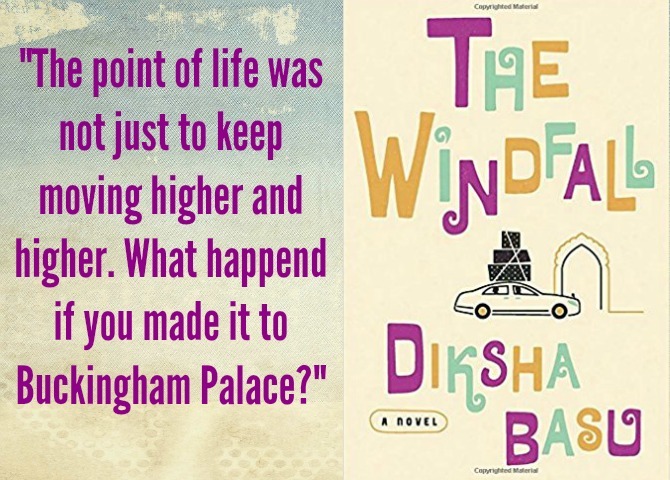

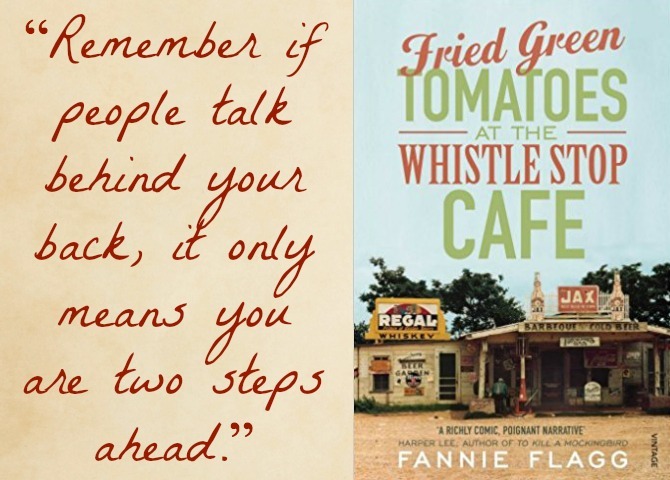
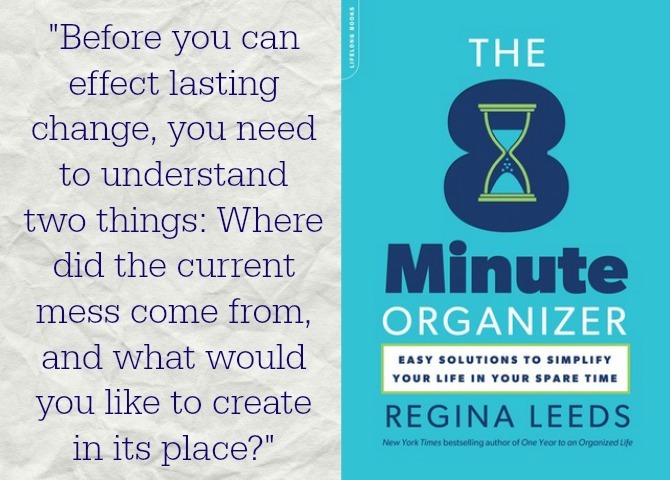
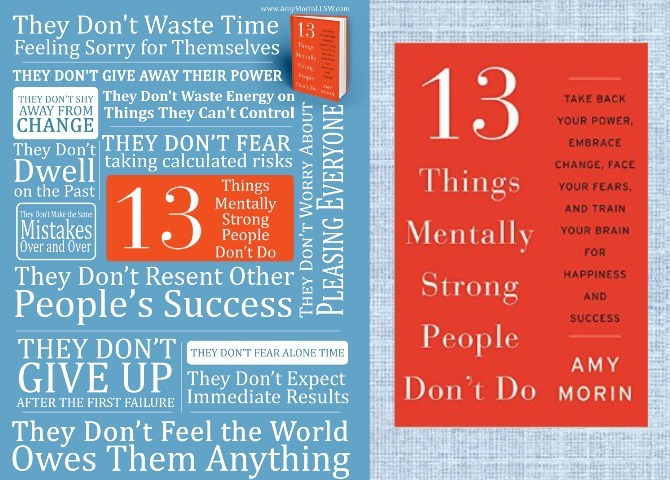
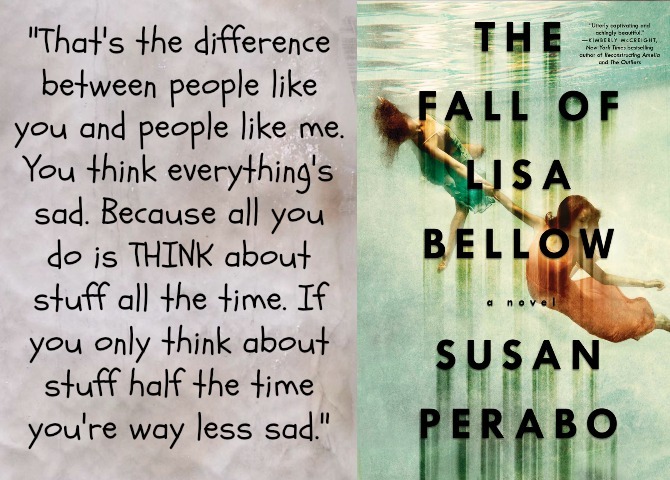
[…] we’ve been reading lately. If you’re stopping by from the link-up, be sure to check out Monday’s post with my reviews of the other six book I read this […]